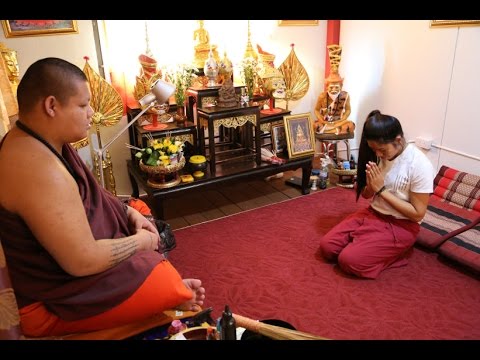I have finished reading the book ‘Who ordered this truckload of dung’ by Ajahn Brahm, which I will use as a starting point to illustrate a question I have been reflecting upon.
The book ends with a story of a deva who ‘tried to lead the poor worm out of the miserable dung pile’ for 108 times. The last sentence of the book is : ‘Thus ends the hundred and eight stories told in this book’.
The implication is clear. We, the readers, are like the worm stuck in the dung pile. We like wallowing in dung, we are attached to it, and the deva (Ajahn Brahm - or perhaps the Buddha?) tries to free us worms – without much success - from the dung pile that we cherish so much.
Although some Western readers might find this view ‘patronizing’, I understand that the book has had a lot of success and it has helped me understand why people have such deference to monastics in traditions based on EBT: lay people seem to view themselves as worms living in dung, who have had the great chance to come into contact with devas.
However, I find that there is a problem with this view. As far as I understand the aim of EBT is to attain nibbana and so to be free of all realms, including the deva realms (assuming they exist), because they are also ultimately unsatisfactory. So these reals are also made of dung, though perhaps they stink less than the lower realms (to stick to Ajahn Brahm’s metaphor).
But in sofar as the whole universe is dung, and the aim of the path is to develop revulsion to it so that we can escape from its stench, and insofar as the Buddha and the monastics are also part of the universe, I do not understand on what ground they can be considered different from the rest of the dung and thus worthy of veneration, of salutations with joined palms and of all the signs of respect you see in monasteries, and which strike us Westerners as a bit strange sometimes.
I mean, it is fine to consider the whole universe as dung as the EBT seem to do, but then since the Buddha and the Sangha are also part of it, on what basis are they worthy of respect and veneration, which are attitudes one generally does not have towards dung ?


